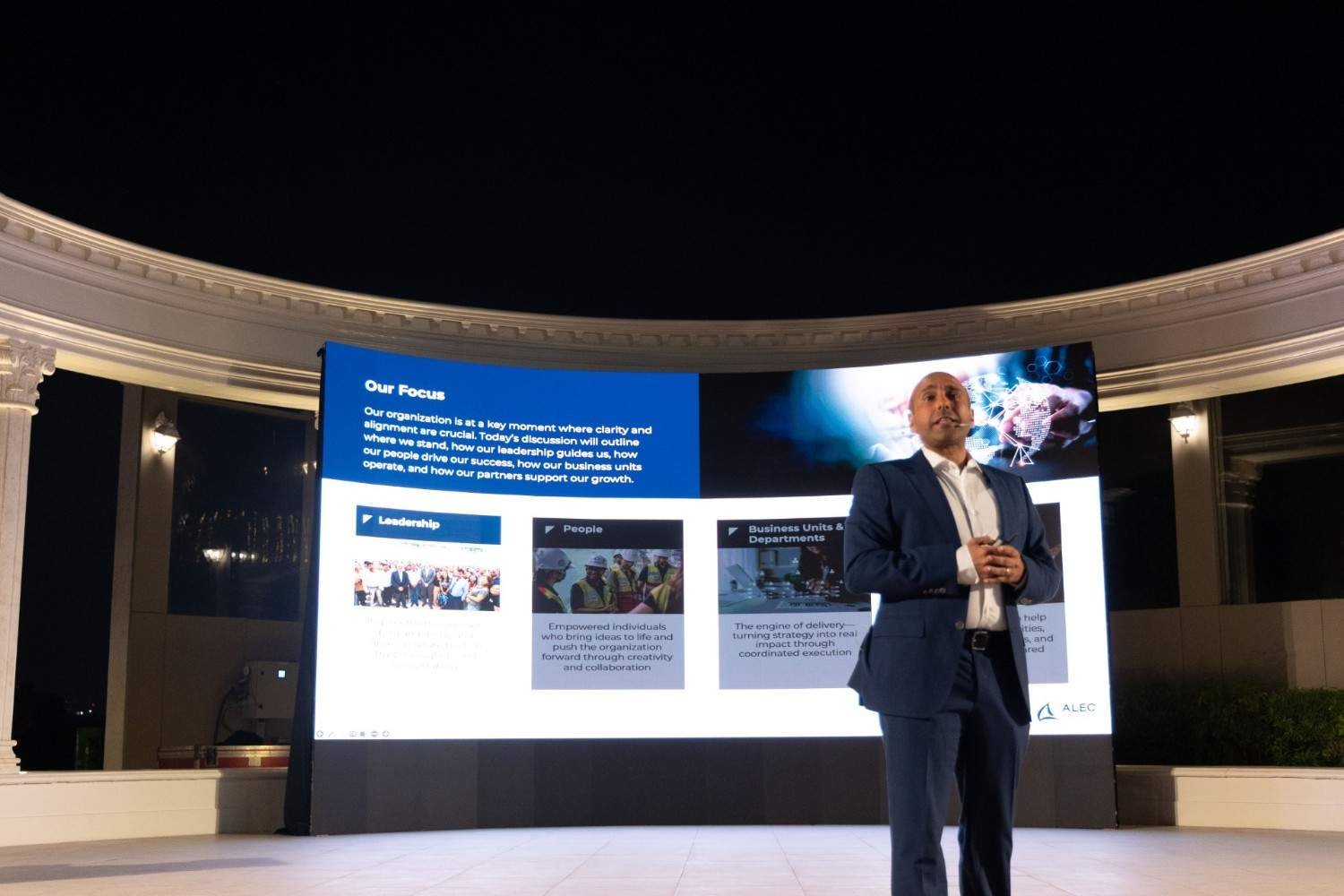Karachi, 31st January 2025: A groundbreaking study published in The Lancet Global Health reveals
how community-driven incentives can greatly improve child health outcomes in rural Pakistan. The
Community Mobilization and Community Incentivization- (CoMIC) trial, conducted by researchers
from Aga Khan University’s Institute for Global Health and Development (IGHD), offers a
transformative model for addressing preventable illnesses such as childhood diarrhoea and
pneumonia, which remain leading causes of death among children under five.
The CoMIC trial is based on the recognition that behaviour change interventions should ensure
active community engagement and adapt context-specific strategies to facilitate change (bottom-
up approach for sustainable improvement). When tied to tangible short-term collective benefits
that address complex child health issues, such an approach may prove particularly useful. The
study examined the impact of two interventions: community mobilization alone and mobilization
combined with collective, conditional, non-cash incentives. It involved 48 clusters spread over a
rural area in Sindh province.
The findings revealed significant improvements in child health indicators in incentivized
communities. Compared to the control groups, they included an 80% higher breastfeeding rate, a
50% rise in the use of oral rehydration treatments, a 30% improvement in cleanliness habit and a
30% higher immunization rate. Dr. Jai K. Das, Assistant Director at IGHD and lead author of the
study explained: “The study shows that when communities are actively engaged, empowered, and
take charge to set their own priorities, it leads to extraordinary results. The ability to choose non-
cash rewards, such as water pumps or sanitation facilities, fostered a sense of ownership and
accountability, driving sustainable behavior changes.”
In Pakistan, the poorest populations are disproportionately affected by the substantial
discrepancies in access to necessary health services. Less than one-third of rural households have
access to adequate sanitation, while the nation’s immunization rates are still at 66%. The CoMIC
trial’s innovative approach—Conditional Collective Community-Based Incentives (C3I)—not only
improved health behaviours but also encouraged communities to co-invest in long-term solutions.
The findings showed that communities are more likely to invest when they are empowered to
decide on incentives. This was evident by the fact that contributions including labour, land and
supplies resulted in a cost-sharing rate of 36% above the 25% target. Along with encouraging
sustainability and ownership, these community-driven incentives also had a number of positive
effects such as better health outcomes, increased community well-being and improved sanitation.
Dr. Zulfiqar A. Bhutta, Founding Director of IGHD, emphasized the broader implications of the trial:
“This trial demonstrates the potential of community-driven solutions in achieving scalable health
improvements. It is a model that can be adapted in other low- and middle-income countries to
address inequities and save lives.”
The CoMIC trial emphasizes how crucial it is to use community ownership and engagement to
promote sustainable health improvements. Policymakers and organizations can adopt the Conditional Collective Community-Based Incentives model to address pressing public health
challenges, particularly in low-resource settings.
Scaling this approach could address vaccine resistance, improve sanitation, and enhance child
health outcomes across diverse contexts. The framework offers a practical and transparent
mechanism for delivering community-level benefits while fostering accountability and long-term
investment in health infrastructure. Dr. Jai K. Das highlighted the broader applicability of the model,
stating, “For a country like Pakistan, this approach could also be tested for other health challenges,
such as malnutrition and polio vaccine hesitancy. Additionally, this strategy ensures transparency
in fund utilization at the micro level, making it a viable option for broader adoption.”
The CoMIC trial findings mark a significant step forward in global health innovation by offering a
scalable and sustainable strategy to reduce child morbidity and mortality. It is recommended that
the CoMIC model be explored by policymakers, donors, and global health organizations as a means
of addressing health inequities through community ownership and collective action. Stakeholders
may improve child health outcomes over the long run and encourage long-term community
investment and accountability by giving priority to interventions that have tangible, immediate
impacts.
Transforming Child Health: How Community Incentives Drive Breakthroughs in Pakistan















